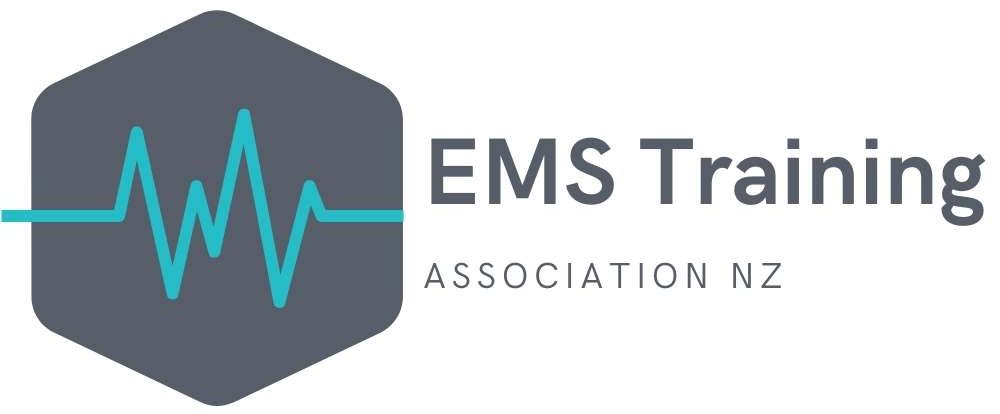EMS TRAINING CODE OF ETHIC & PRACTICE
We acknowledge that EMS training is a powerful regime that allows to help, prevent and treat individual physical & also mental health matters. In order to prevent and preserve the right application of the regime and to now jeopardise the health of the individual, all EMS Training Association NZ members agreed to follow our standards.


OUR MISSION & VISION
– To create safe practice in the EMS training industry in New Zealand
– To set a standard of EMS training
– To educate about EMS training
– To support EMS training providers in the market
The Code Of Ethics
The Code of Ethics is designed to encourage integrity and responsibility in the practice of EMS training, to uphold and further the status and dignity of both the profession and EMS Training Association NZ.
- PURPOSE: EMS trainers shall as a first priority, practice their profession for the benefit and well being of the clients.
- CLEAR UNDERSTANDING: Clients have the right to have the modality clearly explained and the nature of outcomes and expectations of the training regime discussed.
- PRIVACY: The privacy and confidentiality of clients shall be respected at all times, unless a legal duty of disclosure operates.
- SCOPE OF PRACTICE: EMS Trainers shall practice within the limits of their professional training and competency. EMS Trainers may not make a diagnosis or any claims to cure. Referrals to other health practitioners may be made when considered necessary.
- PROFESSIONAL DEVELOPMENT: EMS Trainers are required to build and improve upon their professional knowledge and skills so that the best possible advice and available treatment can be given to clients.
- ADVERTISING: Any advertising and media promotion about EMS training must be carried out within the boundaries of the Code of Ethics and the Advertising Act.
- ANNUAL MEMBERSHIP: $150 per year, $30 joining fee
The Code Of Practice
The Code of Practice is designed to set the minimum Standards, which are expected to be maintained by members of the EMS Training Association NZ. Clients who attend an accredited EMS trainer or EMS studio may expect a professional approach and this should be reflected in all aspects of the practice.
- PREMISES: The premises or practice area and environment must be clean, adequately lit, properly ventilated and in a good state of general repair. Toilet facilities should be available.
- HYGIENE: EMS trainers must present a high standard of health and personal hygiene. EMS trainers must apply the elements of public hygiene and local safety by-laws.
- RECORDS: Suitable records must be maintained with the details of clients, medical history and other relevant information. The records must be kept in a secure place to maintain confidentiality (online or offline).
- LIMITATION OF EMS: EMS trainers are expected to practice and give advice only within the confines of their specialist knowledge.
- INSURANCE: Adequate professional insurance must be held by all practising members.
- QUALIFICATION: The practitioner’s qualifications must be available upon request.
